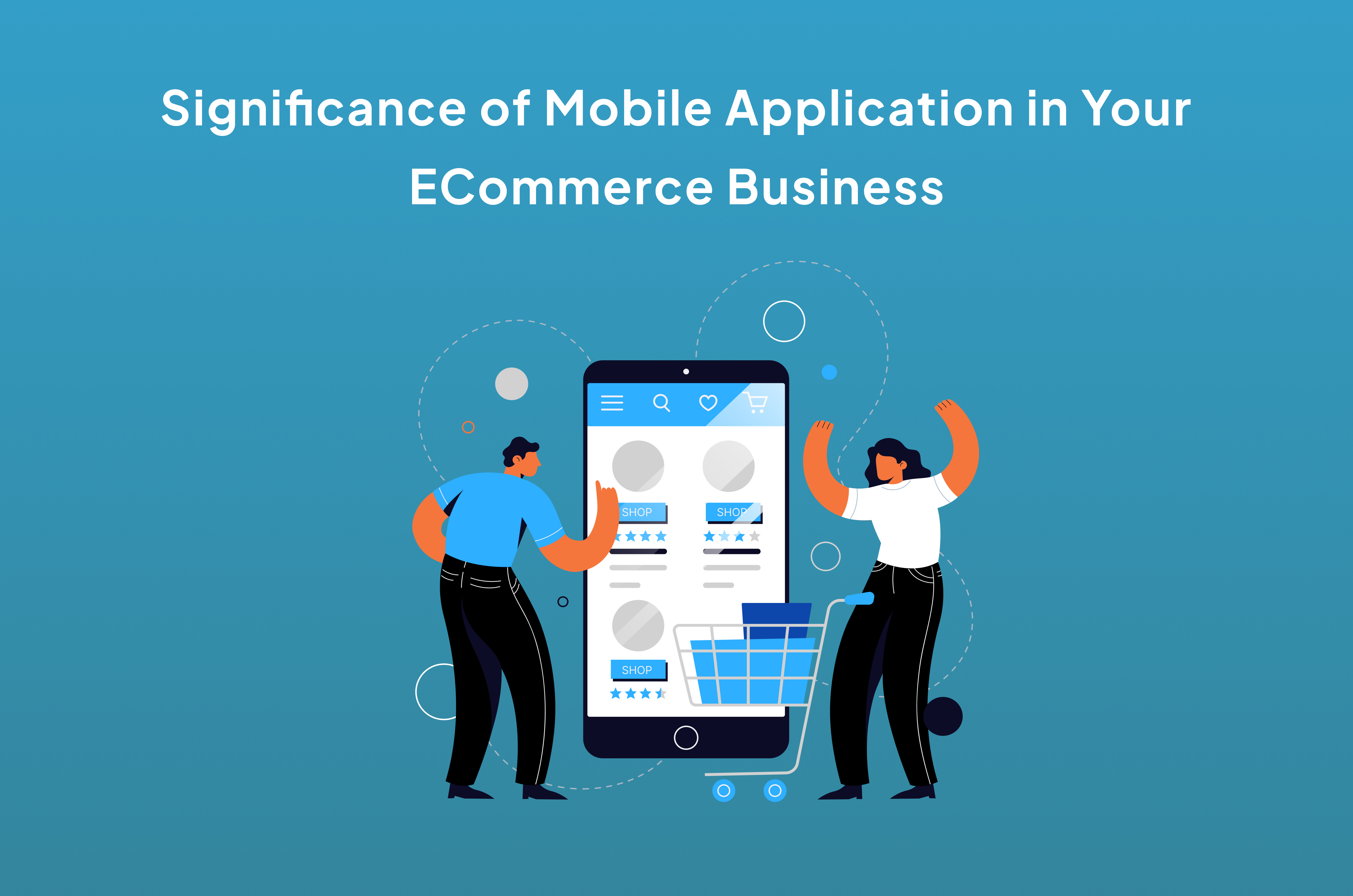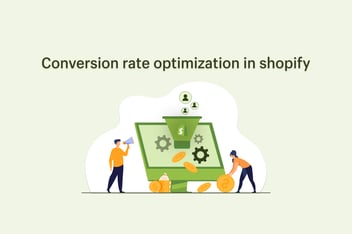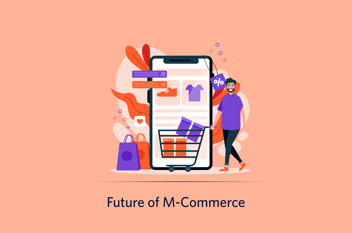The contemporary retail landscape is witnessing a surge in consumer activity, with shoppers increasingly utilizing a variety of devices. However, it's imperative to recognize that not all devices yield the same level of success. Recent studies reveal that 96% of American adults own a mobile phone, with 81% of them possessing smartphones. Consequently, ensuring that your ecommerce business can be accessed through users' preferred mobile platforms is paramount to avoid missing out on potential opportunities.
The potential for ecommerce businesses is limitless in today's digital age. A Pew Research Centre study reports that 97% of global internet users made online purchases within the past year. Notably, mobile commerce has gained significant traction, owing in part to technological advancements such as touchscreen interfaces, which provide an experience similar to desktop browsing but with the advantage of minimal data storage requirements.
Preference for Mobile App Browsing
Mobile applications offer a significantly more convenient shopping experience compared to mobile web browsers, particularly for first-time visitors to ecommerce sites. An astounding 78% of respondents prefer using a dedicated app over their mobile browser. This preference is understandable, as apps like Uber or Seamless simplify processes and reduce wait times for services, all while ensuring data security. Given these advantages, it's evident why an increasing number of users opt for mobile apps rather than traditional web browsing through browsers like Chrome or Safari. Consequently, business owners are increasingly turning to ecommerce developers to harness this trend.
Enhancing Customer Loyalty with Mobile Apps
A well-designed mobile app can play a pivotal role in cultivating customer loyalty. Customers are more likely to return when an app offers features that enhance their future purchasing experiences, such as easy access to order history or alerts for upcoming sales. Even those who initially download the app out of curiosity can be enticed to return. Importantly, users spend three times as much time on mobile apps compared to web browsing on various devices, indicating that this time is deliberate and focused on specific tasks, rather than aimless web surfing.
Reduced Response Time
Apps exhibit faster performance compared to websites, underscoring the high demand for ecommerce app development. Apps store data on users' devices, requiring less data retrieval from servers compared to web browsers, which must fetch all data simultaneously. This results in apps executing actions significantly faster, reducing loading times and other common delays associated with traditional computing devices. Customizable preferences in app settings enable users to access only relevant content, enhancing efficiency and saving time by eliminating the need to sift through irrelevant information or endure unwanted ads.
Improved User Experience
Enhancing the user experience is a critical factor in driving increased sales. Users expect seamless navigation, free from clutter such as unnecessary buttons or distracting banners. While mobile apps have limited layout options, this limitation can work in a company's favor by promoting simplicity on mobile screens, leading to a more satisfying customer experience.
Gaining a Competitive Edge
In today's mobile-first consumer landscape, not having a mobile app can put your ecommerce website at a significant disadvantage. Customers prefer the convenience and speed of shopping on their smartphones, making it imperative for businesses to adapt. Competition in the ecommerce space is fierce, with every retailer vying for customers' attention. To stand out, it's crucial to meet or exceed customer expectations in terms of online shopping experiences.
Engaging App Features
Smartphones offer more than just communication; they provide access to services and applications that can benefit any business with a mobile app. Geolocation, GPS technology, microphone, and camera features can enhance the user experience, providing valuable functionalities like real-time location tracking, voice-assisted queries, and visual product sharing on social media platforms.
Increased Customer Retention
While acquiring new customers is essential, retaining existing ones is equally, if not more, important. Studies indicate that repeat customers can be significantly more valuable than new ones, with a 5% increase in customer retention potentially boosting profits substantially. Ecommerce apps have the advantage of attracting repeat visits, with 38% of users returning more than 11 times after downloading an app.
In conclusion, developing a robust ecommerce mobile app is an effective means of reaching and engaging new customers. While it may take time to build traffic and generate sales, considering the myriad advantages discussed can be instrumental in achieving your business goals.




